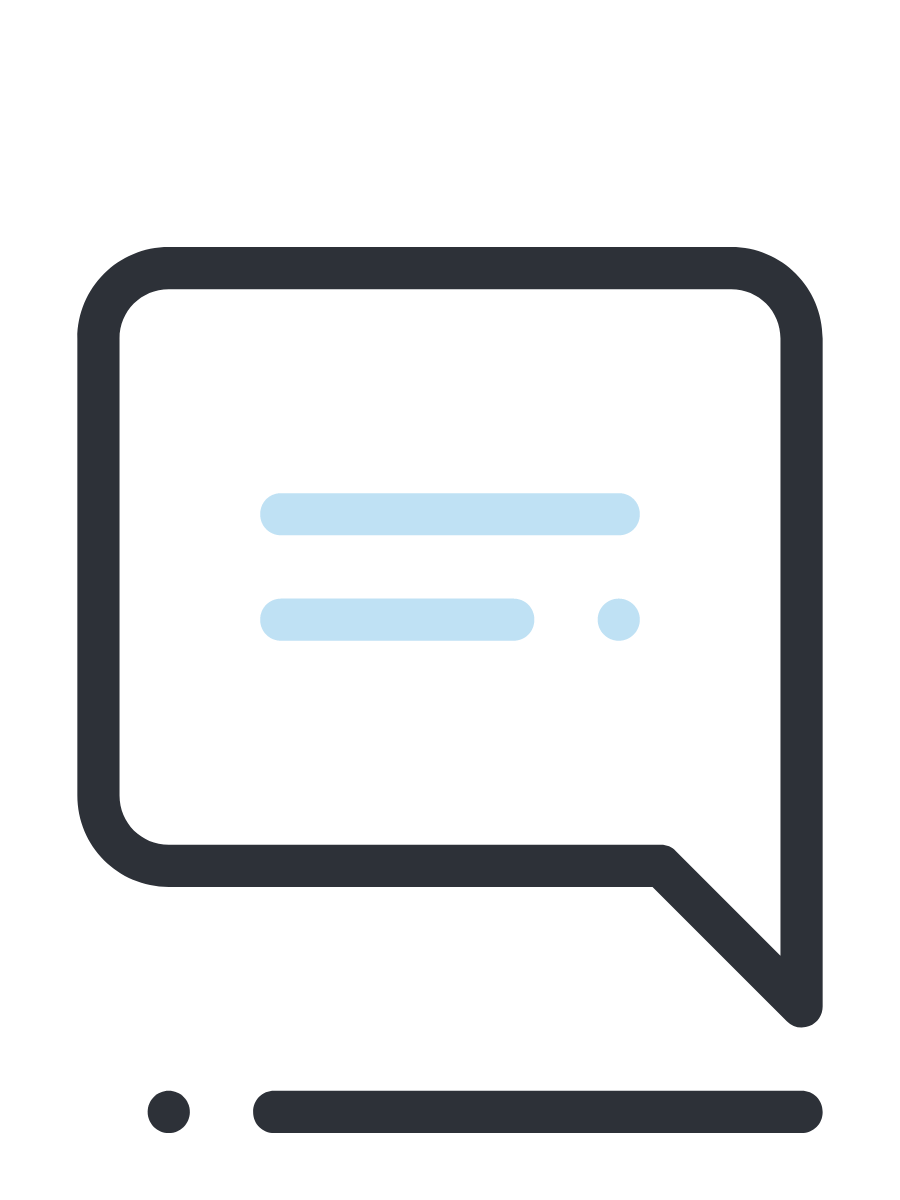What are alerting services?
Many databases allow users to register for regular alerts to help them keep up to date on a topic.
- Saved Search Alerts - runs a saved search across the database on a regular basis, sending results via email
- Journal Alerts – provides a list of articles from forthcoming issues of a particular journal
- Citation Alerts – generates alerts whenever a nominated article or author is cited by another author
- RSS Feeds – news service for databases, blogs and journals, sends updates to RSS Reader software
Why set up alerting services?
- To keep up-to-date with the latest research
- To identify new areas of research
- To save you time as you will automatically be notified whenever new information matching your chosen field of study is published
What are RSS readers?
RSS stands for "Really Simple Syndication", these feeds subscribe researchers to updates from databases/websites and are generally denoted by "RSS" or an image like: ![]()
Databases may provide an RSS Feed URL for each search and publication. RSS Reader software sends out links to subscribed researchers whenever new material, that meets their criteria, is added to the database.
RSS readers may be downloadable applications or web-based services that work inside a browser.
Some examples are:
Feedreader - free software you can download and install on your computer.
netvibes - web-based, free, easy to use.
FlowReader - a free, web-based reader.
Feedspot - free, easy to use, works in most browsers.

